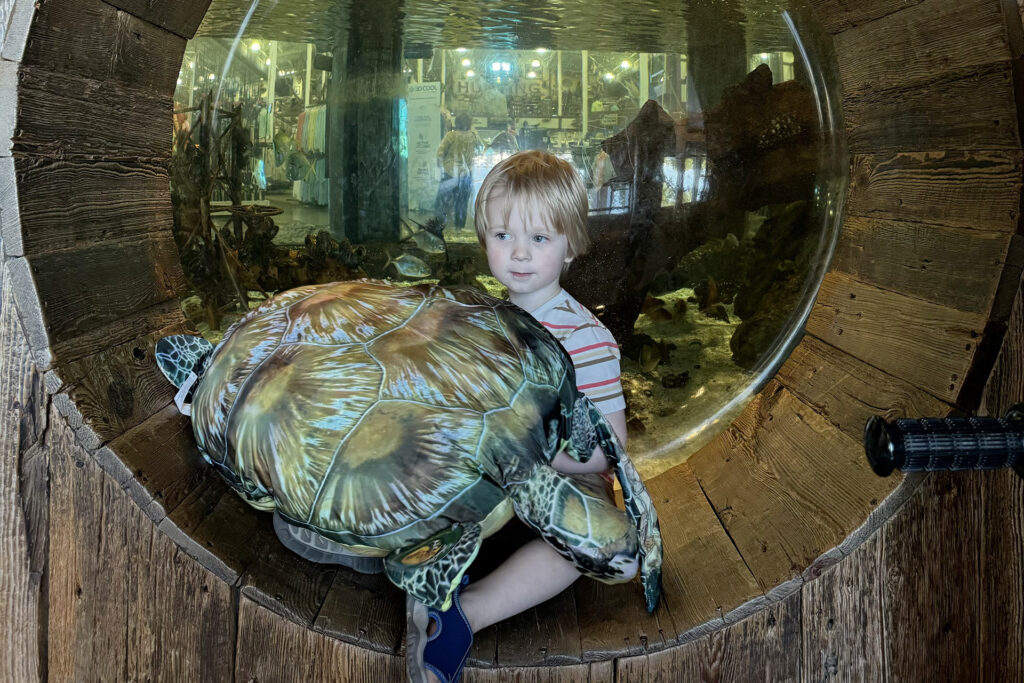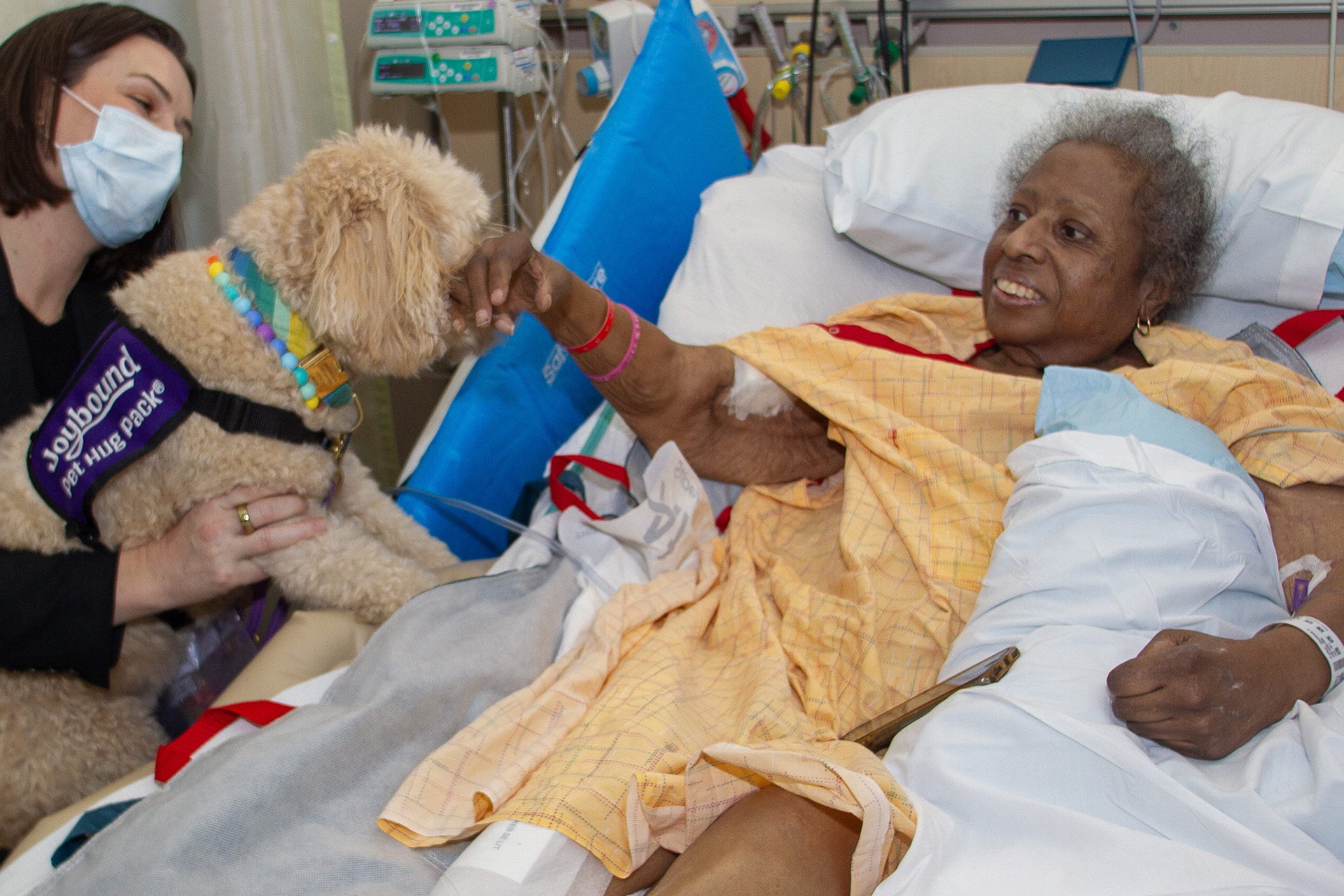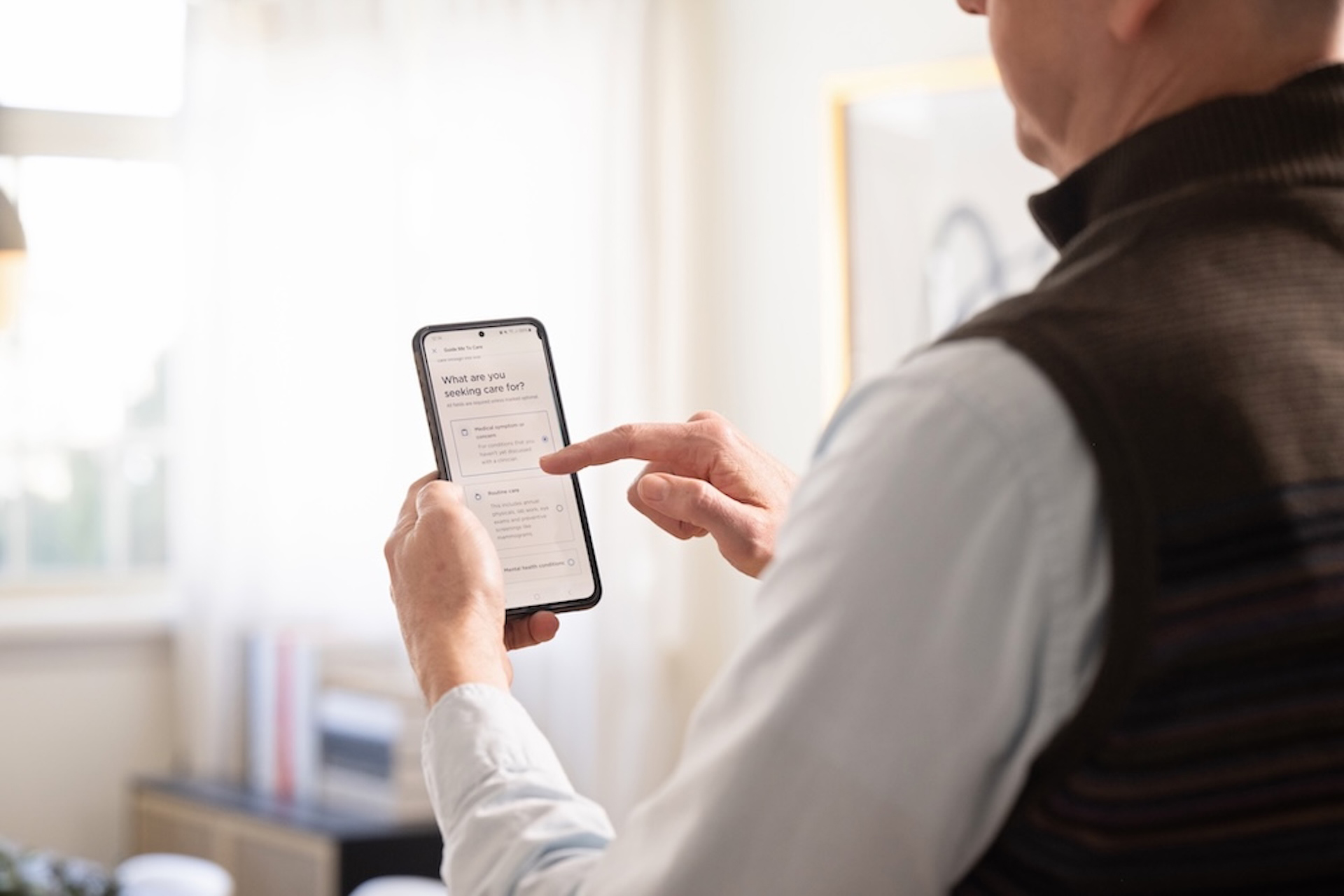At the lowest point of her cocaine addiction, Marina Parla would recoil at what she saw in the mirror.
“There was no one home, and there was no light in my eyes,” the 34-year-old singer songwriter recalled. “You look terrible when you do drugs. My eyes were sunken in, and I was losing my hair. I was dying before my eyes.”
Knowing she couldn’t live like that forever and terrified by drug-and-alcohol-induced hallucinations, she quit drinking and doing cocaine every day. Then she got pregnant.
Still smoking cigarettes and marijuana, and in a fragile state of recovery from cocaine and alcohol, a Kaiser Permanente ob-gyn referred her to the Northern California Early Start Program.
With the help of the program and her own determination to have a healthy baby, Parla is now sober four years with a happy 3-year-old “wild child” named Elijah.

Elijah loves to eat and play with his dinosaur toys, and he’s obsessed with the clear ocean water where they now live in the Florida panhandle. Parla credits her Kaiser Permanente Early Start therapist, Nikko Melander, for helping shine a light on what drove her addiction. She also showed her a toolbox to reduce stress and stay clean.
“With Nikko, we dissected everything in my life,” said Parla. “We talked about why I used, the hurt that drove me to continue to use, the ritual around it, and the dopamine response I’d get from it. We broke down all these things going all the way back to childhood trauma and all these ugly things nobody wants to talk about.”
Support for alcohol and marijuana use
Most of the 8,300 people advised by the 46 licensed mental health therapists each year are not struggling with illicit drug use, but rather looking for support around alcohol and marijuana use, explained Elizabeth Schlein, MFT, clinical lead for the program.
“A lot of patients are in that pre-contemplative stage of change. They may not be ready to fully commit to a treatment program but are willing to have support,” she added. “It might be like they are using something a few nights a week to calm down and de-stress from the day. Our recommendation is to abstain from all substance use during pregnancy. And our program supports that.”
Kaiser Permanente research shows an association between cannabis use and low baby birth weight, early deliveries and higher neo natal intensive care admissions. The negative effects of alcohol during pregnancy are well documented.
Schlein said therapists in Early Start are non-judgmental and promote harm reduction, having awareness of the ill effects of substance use during pregnancy, and the risks to their children.
“Patients who are using harder substances can be really embarrassed and shamed by their use, so it’s really important to use kindness and care in talking to them,” said Schlein. “In Early Start, we are experts in substance use during pregnancy, and we are also experts in helping people navigate the Kaiser system. But our individualized support is where the magic is.”
Carley Castellanos, regional director of the program, said many pregnant people often have conversations with friends and family about substance use during pregnancy. Those discussions can guide (sometimes uninformed) decisions.
“When your girlfriends are saying ‘I drank during pregnancy, and I was fine,’ or ‘I used cannabis and had no complications,’ it may lead pregnant people to make decisions based on an anecdote or two, as opposed to evidence from medical research,” said Castellanos. “When our patients have all the facts about the potential impacts of substance use during pregnancy, they may instead choose abstinence, which will lead to better birth outcomes.”

Parla, like many pregnant people, was motivated not only by a therapist who helped her, but also by the baby she was about to bring into the world.
“I was terrified,” said Parla. “When I saw little Elijah on the imaging machine and heard his heartbeat, I thought, ‘Now I’m a mom. I can’t live like this anymore.’ It wasn’t easy going through withdrawals and being pregnant. But when Elijah was born, I was reborn as a mom and a sober woman.”
To learn more about Marina Paula’s journey, watch this video.




